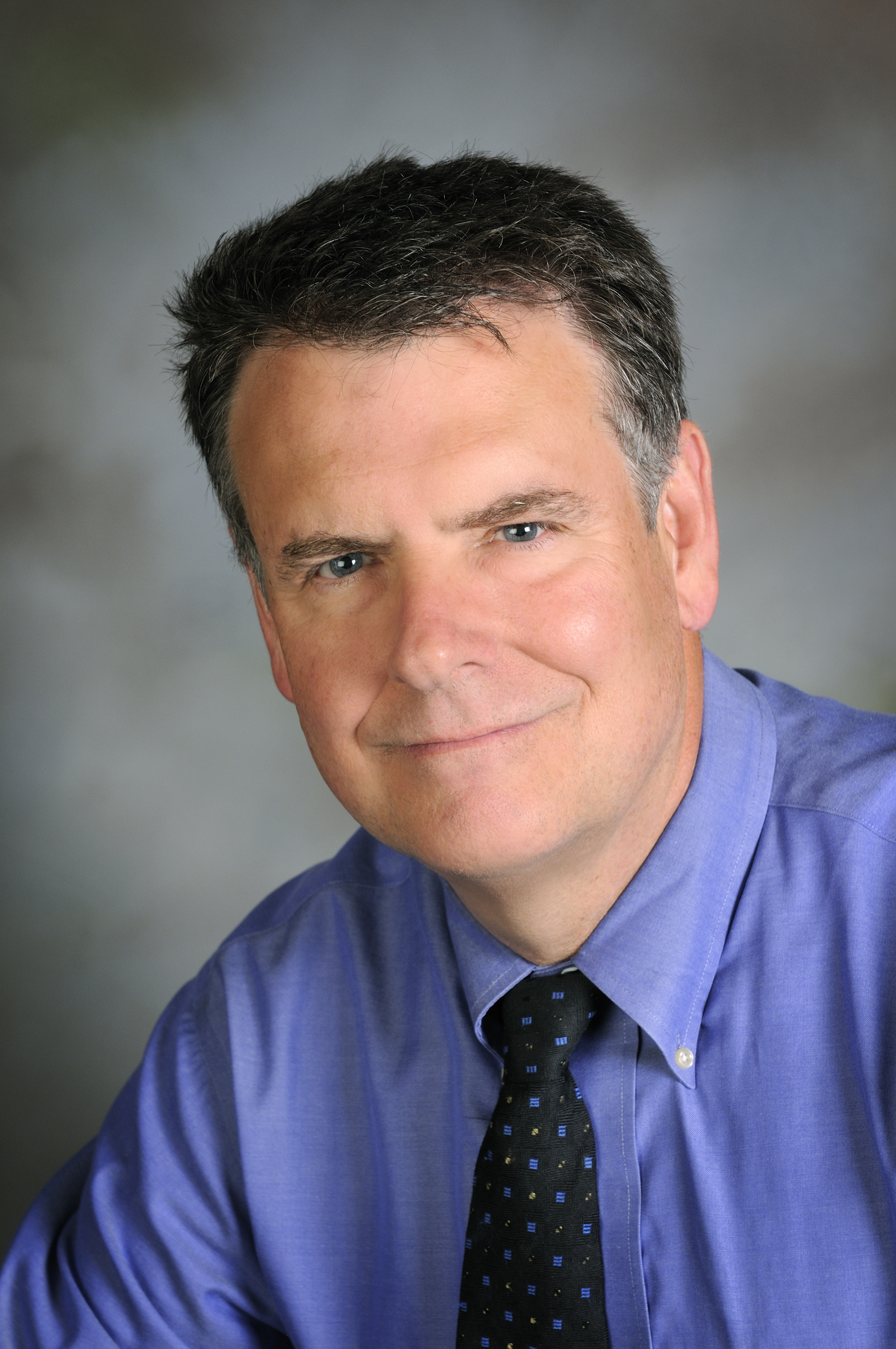Michael Friedlander to present final installment of Brain School 2014

The final installment of Brain School 2014 will be presented by Virginia Tech’s Michael Friedlander today at 5:30 p.m. at the Virginia Tech Carilion Medical Center campus in Roanoke.
Brain School 2014 is a series of free public lectures that aims to illuminate some of the mysteries surrounding the brain. The school is free and open to the public, but attendance is limited based on seating availability. Preregistration is required. Free parking is available in the nearby lot and parking garage.
The series has already included public lectures on: "Mapping Depression Circuits: Foundation for New Treatment Strategies Using Deep Brain Stimulation," by Dr. Helen Mayberg from Emory University School of Medicine; "Brain Assembly: Making the Right Connections Through Genes and Experience," by Michael Fox from the Virginia Tech Carilion Research Institute; and "How Social Relationships Help Build and Rehabilitate Our Brains," by Sharon Ramey from the Virginia Tech Carilion Research Institute.
This evening’s presentation on "The Biological Basis of How We Learn, Remember, and Use Information," will be presented by Friedlander, who is executive director of the Virginia Tech Carilion Research Institute who also is the associate provost for health sciences at Virginia Tech and the senior dean for research at the Virginia Tech Carilion School of Medicine.
Friedlander, who also is professor of biological sciences, of health sciences and of biomedical engineering and science at Virginia Tech will discuss the biological underpinnings of the initial stages of learning and memory formation at the level of individual nerve cells, across groups of cells, at synapses and across the entire brain. He will consider the molecular events of learning and memory formation from the level of changes in brain cell’s DNA and proteins to changes that can be analyzed with functional brain imaging and behavioral analysis.
Friedlander has published his original research on brain development and plasticity and how we learn in leading journals such as Academic Medicine, Cell, the Journal of Neuroscience, Nature, Neuron, Proceedings of the National Academies of Sciences, Science and Trends in Neuroscience. His research programs have been continuously funded by the National Institutes of Health for over 30 years as well as by the U.S. Department of Defense and the National Science Foundation.
He has served as principal investigator on grants totaling over $55 million and has led programs at UAB, Baylor College of Medicine, and Virginia Tech with grants of more than $270 million. Friedlander currently has active research programs in his laboratory investigating the development of synaptic connections in the brain’s visual processing areas and the effects of mild traumatic brain injury on synaptic plasticity. He is also part of a national research team studying the effects of ocean warming on cardiac and brain function in Antarctic ice fishes.
National and international recognition for Friedlander’s research and service include his receiving the Alfred P. Sloan Foundation Fellowship in Neuroscience, the University of Illinois Distinguished Alumnus Award in Molecular and Integrative Physiology, the American College of Physicians William Menninger Memorial Award for Distinguished Contributions in Mental Health Research, the Association of American Medical Colleges Distinguished Service Award, a Lucille P. Markey Foundation Program Development Award, a W. M. Keck Foundation Program Award, a National Institutes of Health Fogarty Senior International Fellowship, and the Evelyn F. McKnight Brain Research Foundation Award for Program Development in Memory and Aging.
Friedlander has served as the president of the Society for Experimental Biology and Medicine, the first Evelyn F. McKnight Foundation Endowed Professor of Learning and Memory in Aging at UAB, and the Wilhelmina Robertson Endowed Professor of Neuroscience at Baylor College of Medicine, as well as being elected as a member of the Dana Brain Alliance. Friedlander has served as visiting professor at Oxford University, the University of Paris and the Australian National University’s John Curtin School of Medical Research. He founded the Neurobiology Research Center and the Department of Neurobiology at UAB and the Association of Medical School Neuroscience Department Chairs. He serves or has served on the editorial boards of Eye and Brain, Experimental Biology and Medicine, Frontiers in Neuroscience, the Journal of Neuroscience and Mental Retardation and Developmental Disabilities.




